Process over product - enabling expression of individuality
Russian developmental theorist Lev Vygotsky (1896 – 1934), said: “The basic law of children’s creativity is that its values lie not in the results, not in the product of the creation but in the process itself.”
We all do things differently’ – it’s said the world over and it’s so true, especially of children, who, because it’s all new, ‘invent’ new ways to approach things.
If you watch two children with the same task, or the same toys, they will do totally different things!
As a Reggio-inspired nursery, here at KatieB Kids we agree entirely with Loris Malaguzzi that children express themselves in a variety of different ways and we spend lots of time observing our children to get an understanding of what motivates them so we can provide relevant activities that interest and stimulate them.
One of the most obvious ways that this diversity in expression can be observed is through the celebration of special occasions such as Mother’s Day, Christmas, Easter and birthdays. We feel strongly that children are given lots of space to express their own thoughts and diverse situations. At KatieB Kids, children explore the topics around special days in an age-appropriate way.
One way that is particularly popular is ‘process-art projects’.
Process art is about the child making, experimenting and discovering, rather than the product itself. They discover new materials, techniques and tools in an open-ended way that encourages them to use their critical thinking skills, to problem-solve and be creative in their learning.
We don’t get involved and help them to be neat and tidy, line things up or not make a mess.
We’re not looking for the best card – we’re looking for them to be creative and explorative, having fun and working out something new.
Why does a feather stick better than a button?
Why is my card all wet and soggy?
How have I made a hole in the paper with this pencil?
How they create is more important than what they create.
And why is it important? This unstructured approach to providing art and creative activities to young children supports their ability to become self-motivated; an important skill for school readiness and beyond this, life as a whole.
It’s a means of expression, enabling children to gain a sense of competency when they have made something based on their own ideas and effort, which helps them gain confidence in their own abilities.
Process art supports:
Innovation
Scientific thinking
Mathematical understanding
Language development
In the words of the author Roald Dahl:
“The more risks you allow children to take, the better they learn to look after themselves.”
If children feel safe, they take risk; process art offers a safe environment in which children can try new things and make mistakes without feelings of failure or being judged.
This allows them to build resilience, self-confidence and self-esteem – all essential life skills that help them transition from our nursery care to primary school.
Why don’t you try some of our favourite activities?
Salt painting
Cutting and sticking
Mixed media collage
Painting with natural resources
Vegetable printing
If you’re looking for a more green alternative to be less wasteful, there are plenty of activities which can be continually reused or involve recycling unwanted materials and resources:
Water painting
Tyre painting
Painting on newspaper
Paper Mache
Junk modelling with packaging such as cardboard boxes
